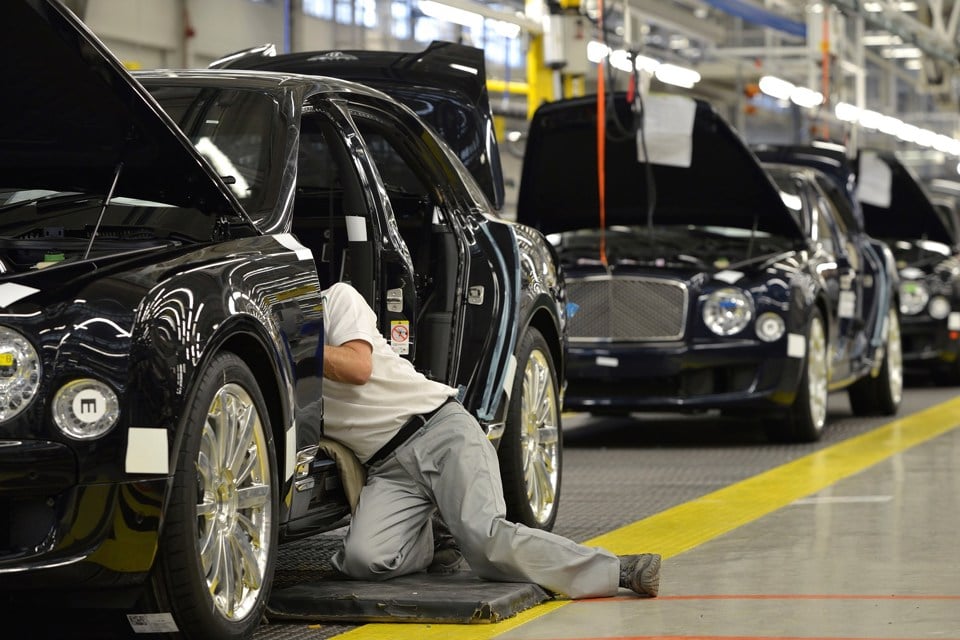The Society of Motor Manufacturers and Traders (SMMT) has recorded the weakest February for UK car manufacturing since 2009, with output down -41.3% versus February 2021 at 61,657 units.
That was 43,351 fewer cars built than in the same month in 2021, which the SMMT said is primarily due to the persistent global shortage of semiconductors causing some factories to pause production, and the loss of output following the closure of a major Honda plant in Swindon last summer.
Production declined for both the domestic and overseas markets was down by -35.8% and -41.8% respectively.
UK production of the latest electrified vehicles continued apace with plug-in hybrids, hybrids and battery electric cars combined representing more than a quarter (25.8%) of all production in the month, or 15,905 units.
The news comes after fresh SMMT analysis revealed some £10.8 billion has been committed to UK electric vehicle production and gigafactories since 2011.
Mike Hawes, SMMT chief executive, said the automotive industry is undergoing "its most radical transformation in more than a hundred years" at the same time as manufacturers are facing the most extreme operating conditions as global economic headwinds drive up costs and constrain supply.
"The sector entered 2022 hopeful for recovery, but that recovery has not yet begun, and urgent action is now needed to help mitigate spiralling energy costs and ensure the sector remains globally competitive to encourage the investment essential to growth, job security and the delivery of net zero ambitions," said Hawes.
The SMMT said the Russia invasion of Ukraine represents a medium to long-term challenge for the UK automotive sector as many critical raw materials, parts and components, including aluminium, palladium and nickel, which is used in battery manufacturing, and wiring harnesses, are sourced from the region.


















Login to comment
Comments
No comments have been made yet.